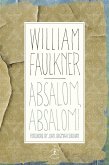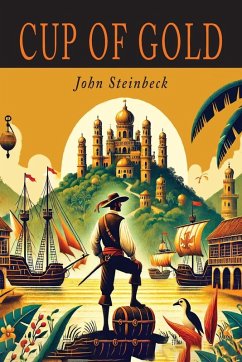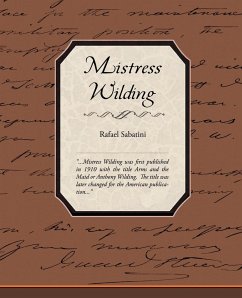This is the final volume in the Rougon-Macquart series. This series brought Zola literary fame and is considered his life work. It took 25 years to finish the 20 volumes. The idea for writing the social history of a family encompassing several volumes probably came from his reading the works of Balzac. Zola shows how people in a family who appear to be quite individualistic actually are quite similar. Heredity and proximity determine who we are and how we act. The novel begins in 1872, after the fall of the Second Empire and the end of the reign of Emperor Napoleon III. Pascal Rougon is the son of Pierre and Félicité Rougon, who rose to power in the fictional town of Plassans which was detailed in the first novel of the series La fortune des Rougon.
Hinweis: Dieser Artikel kann nur an eine deutsche Lieferadresse ausgeliefert werden.
Hinweis: Dieser Artikel kann nur an eine deutsche Lieferadresse ausgeliefert werden.








